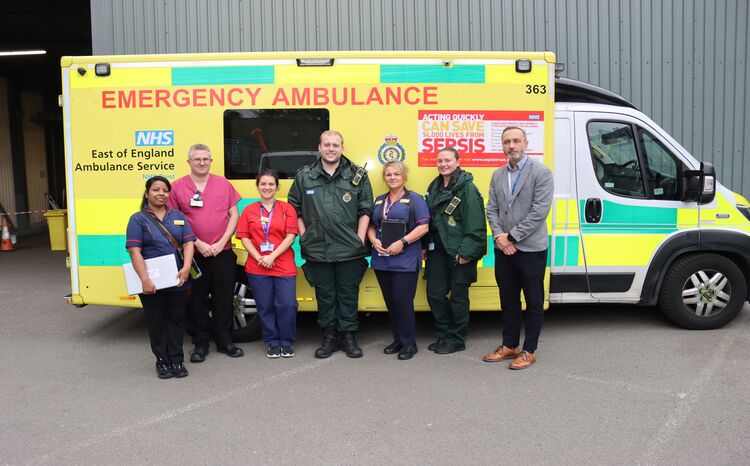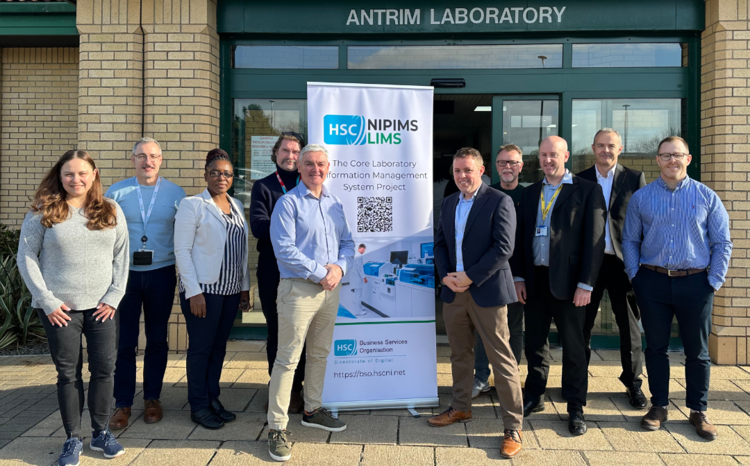Reader Comment: ‘NPfIT Viewed from Scotland’
- 30 September 2003
The following ‘reader comment’ was supplied in response to recent E-Health Insider reports on the development of the National Programme for IT. The author is a consultant anaesthetist at a leading Scottish acute trust, who leads on IT issues locally.
There is much about the current national programme procurements and what they entail, and the machinations of both the national and local cluster issues that should provide cause for concern.
It would appear that for such a major procurement process the consideration and researching of the requirements has been very poorly managed, in what after all is going to potentially be key in how the Health of the Nation is supported for some considerable time into the future.
For such a fundamental core component of the health service, and considering the money so far expended on the procurement, we should and would expect quality.
Instead, we have requirements that fail to take account of the way that health care operates or indeed even the legislation that covers many of the activities. It is like creating a requirement for an operating theatre that requires leather straps to hold the patient down but forgets the need for operating lights.
Peter Hutton (Chair of the Academy of Royal Colleges) initially strongly implied that the spine would have quite modest and reasonable ambitions in terms of integrating data across the NHS. But since then it has grown arms and legs and now seems to be the be all and end all, whatever the cost.
We have seen Lockheed Martin walk away and while accepting that we do not know the reason, must have some concerns as this is not a company that is traditionally risk averse when playing for high stakes.
At cluster level we also seem to worshipping all that is large and massive and/or American. We seem to have forgotten the fundamental difference between the UK and most of the rest of the world, that care is free in the NHS at the point of delivery. In the UK we approach the patient as a problem orientated whole unlike the episodic billing approach which is the American way and which has been perpetuated in system structure and central returns.
We need to understand the fundamentals of how we need to work and these are best expressed by the requirement for Problem Orientated records as initially described by Dr L. Weed. A diabetic may need the services of a vast panoply of support ranging from Community Podiatry through to Stroke rehabilitation passing via vascular and renal support services to name but a few.
The patient has a single prime problem and our record systems need to reflect this and share in totality the information across the care services. The specialist focused, and individualised system building block approach with everything interfacing to everything else will rapidly take us to an information hell, and yet this unproven approach from a major UK supplier is apparently accepted.
You don’t get good just by buying up market share (although you do get big and apparently noticed by the NHSIA), you need to engage in partnership with the service and actually deliver genuinely effective solutions.
The testing that has apparently gone on for systems to be supplied under the national programme cannot in any way have tested the level of integration that will be required to support this across thousands and millions of records and contacts with services. We should be looking to the service to show what is actually working in support of complex clinical services in an NHS environment today and drawing the lessons from this to take us forward. This has not apparently been done.
It is most certainly not just about doctors and what they think they want, it must be about teams and team working and access to information so essential to inform and support 21st century care. Yet care does need to include doctors and their skills as leaders in care and not about driving everything down to specialist nurses in this that and everything else.
Scotland is by no means perfect in terms of IT investment in healthcare but it is moving forward in some kind of structured fashion and learning the lessons as it goes. In addition it is not inflicting potentially destructive, untested and massive organisational change requirement on the service.
Most importantly the SEHD (Scottish Executive Health Department) operates with a degree of openess and spirit of co-operation with the service which seems not to be even considered by the NHSIA and NPfIT at the present time. The ramifications of what is happening in England and Wales will affect us here in Scotland – particularly the limitation of potential solutions available on the market. I personally do not welcome the consequences that seem to me to be likely.
Name and address supplied
E-Health Media would like to hear the views of other NHS professionals in Scotland, Wales and Northern Ireland on how their perceptions of the National Programme for IT for the NHS in England, and how they believe it will impact on their nation’s NHS. Email: mailto:editor@e-health-media.com .




